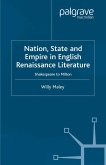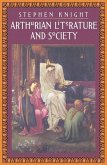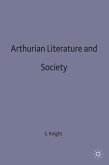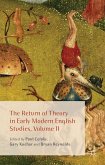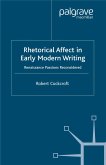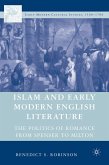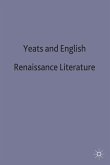This book, original in emphasis, daring in execution, maps out the shaping power of English Renaissance literature in creating and contesting national and colonial identities through the work of major canonical authors including Shakespeare, Spenser and Milton. Informed throughout by the burgeoning fields of the new British history and postcolonial criticism, this volume marks a dramatic shift in studies of the early modern period, from Irish to British concerns, thus accounting for the interplay of union, plantation, and conquest.
'Willey Maley's important book on 'the British problem' in relation to English Renaissance literature is a welcome contribution to the fields of Renaissance and colonial studies...the book brings those essays together beautifully, enabling us to hold in hand, and to teach, a series of strongly linked and very significant pieces...[his] view of Macmorris is fascinating and at odds with the conventional criticism surrounding that character.' - The Spenser Review


